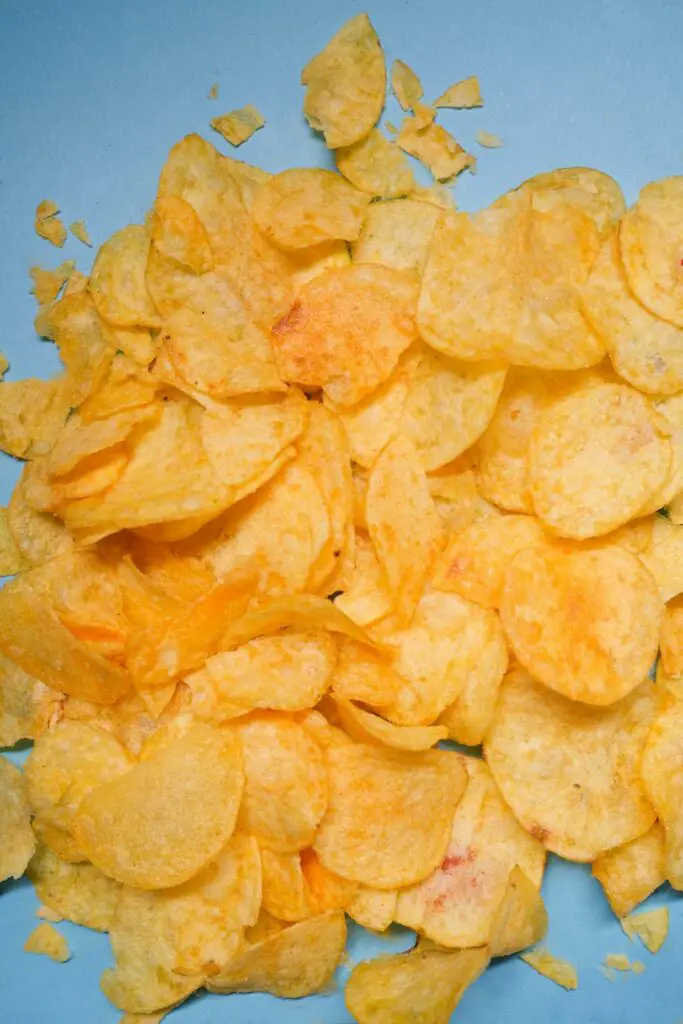The thyroid is a small butterfly-shaped gland in the neck that is located in front of the trachea. It serves the function of releasing hormones that control the metabolic system, or the process of how the body transforms the food we consume into energy. It also releases hormones affecting the heart rate, the body temperature, brain development, mental activity, fertility, and more.
When the thyroid doesn’t function properly, it affects the entire body.
Most common conditions that can affect the thyroid are:
- Hypothyroidism (underactive thyroid).
- Hyperthyroidism (overactive thyroid).
- Goiter (enlarged thyroid).
- Thyroid cancer.
Although the diseases related to the thyroid are often not preventable because they are related to genetics or autoimmune diseases, one can still prevent thyroid problems related to iodine excess or deficiency.
In general, there are certain foods that can negatively affect the work of the thyroid.
1. Soy and Soy-Based Products
There have been plenty of discussions regarding the negative effects of isoflavones – a compound found in soy products – on the work of this gland. In fact, isoflavones affect the body’s ability to absorb iodine and thyroid medications.
2. Raw Cruciferous Vegetables
Just like the soy products, a compound found in cruciferous vegetables such as broccoli and kale – goitrogens – can reduce iodine absorption.
3. Gluten
Those suffering from autoimmune diseases, including Hashimoto’s – a form of autoimmune thyroiditis that causes hypothyroidism – should avoid gluten because it triggers inflammation and immune system flare-ups.
4. Refined Sugar
Refined sugar should be avoided by everyone. Among the rest, its consumption causes inflammation, increases insulin resistance, and can worsen symptoms of hypothyroidism such as weight gain, mood swings, and brain fog.
5. Processed and High-Sodium Foods
Processes foods are high in sodium, something people who suffer from hypothyroidism should avoid.
Hypothyroidism increases a person’s risk for high blood pressure and sodium consumption only further increases the risk.
6. Coffee (especially having it right after taking medications)
Who doesn’t enjoy a cup of fresh coffee? I guess most people love it, but those who take medications for thyroid conditions should avoid having coffee a few hours after taking medications because it reduces the medications’ absorption for 60%. It also diminishes the effects of the medications and slows down the process of recovery.
On the other hand, foods that are believed to help maintain a healthy thyroid are fatty fish rich in Omega-3 such as salmon and sardines, eggs, nuts and seeds, seaweed, and fruits rich in antioxidants such as berries, apples, and kiwi.
*Disclaimer: This information is for informational purposes only and not a substitute for professional medical advice, diagnosis, or treatment. Always consult your physician or healthcare provider with any questions about your health or medications. Do not disregard professional advice based on this information.
Please SHARE this article with your family and friends on Facebook.
Bored Daddy
Love and Peace






